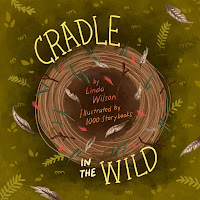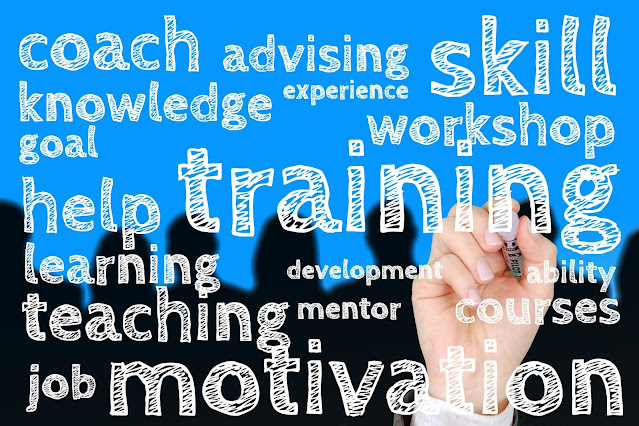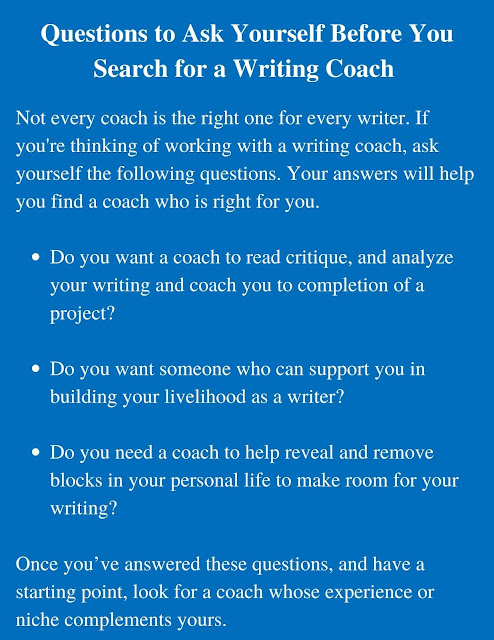October 5, 2022, #4 in Series
How to Use Your Reviews and Excerpts
In Your Media Kit
By Carolyn Howard-Johnson
A continuation of Carolyn’s series of posts on the magic of reviews
beginning on July 5, 2022, with excerpts from her
How to Get Great Book Reviews Frugally and Ethically:
The ins and outs of using free reviews to build and sustain a writing career
“Very simply put, reviews are the gift that keeps giving.” ~ CHJ
This is the fourth of my guest posts in my series on getting and using reviews, on making them into forever reviews to launch a book or to jumpstart a book the sales of a book that has been around for a while. It is always my pleasure to share excerpts from my multi award-winning
HowToDoItFrugally Series of books for writers when I can reach (and help!) more authors with that information. Here is more on a few of the ways you can use your reviews and the endorsements you excerpt from How to Get Great Book Reviews Frugally and Ethically: The ins and outs of using free reviews to build and sustain a writing career Do go back to July 5, 2022 to read or reread the earlier part of the series or read the entire book to get a more complete story on the magic of reviews and blurbs—all 300 pages of it. You won’t be sorry. Reviews can be forever. Reviews can be career builders.
Using reviews in your media kit is essential. Your kit will be used by all kinds of gatekeepers. Feature editors use reviews as guidelines for their staff writers and sometimes—when given permission—reprint them (credited, of course!). Busy radio hosts may use them instead of requesting a copy of your book to read. Media in general use them to judge the quality of your book and the suitability for their audience. As soon as you have a positive review, add it to your media kit using these guidelines:
* You know this rule: You need permission to reprint a full review.
* Mention that permission has been granted in the header of the review page in your kit where the review lives. Include a request that editors print the review using the reviewer’s byline and tagline.
* State where the review originally appeared.
* Key in the reviewer’s byline so anyone who uses it doesn’t forget.
* When you have many reviews to choose from, select the one written by the most prestigious reviewer or the one that appeared in the most esteemed review journal. Very high praise for your book is good, but reviewer credibility is better. (You may use the very high praise part elsewhere as an excerpt or blurb. Learn to do that in an earlier post of this series or from the original source, https://bit.ly/GreatBkReviews.)
* If the original review does not include a headline, provide one that is true to the reviewer’s intent and highlights what you consider the most important aspect of the review.
If you have a review that isn’t as good as you’d like, resist the temptation to edit out the critical part. Media people know a review that is critical of one aspect of your book is more credible than one that praises a book excessively. Editors suspect that a pie-in-the-sky review was probably written by your mother. And, yes. It’s also about ethics.
If you have both a short review and a longer one that includes a synopsis of your book, increase your chances of getting some free ink by using them both in your kit. An editor may find one suits her style or space requirements better than the other. Label them “Sample Short Review” and “Sample Longer Review” on their separate pages in the kit.
Tip: If you don’t yet have a review, substitute a mini (about fifty to 100 words!) synopsis you wrote yourself until you have the real thing. Use active verbs and third person. Don’t give away the ending. It should entice even a jaded reviewer or editor to want to know more about your book. Don’t attribute it to anyone. Honesty is especially important in a business that abounds with scams.
Hint: If you want to extract little phrases that rave about your book from a review, they go on your media kit’s Praise Page where gleaning the best of the best from reviews and elsewhere is acceptable.
This is a lot to consider after you have mastered the considerable learning curve required to get reviews. It is my hope that the multitude of possibilities for using reviews will encourage you to go after them with a vengeance. After you once have a review, decide how many ways you can repurpose it. (Find a list of those ways in an earlier post in this series.) Eventually you will build a juggernaut footprint on search engines. That brings you new readers and nurtures your writing career.
This is the last in a four-part series for Karen Cioffi’s #WritersontheMove blog. Feel free to go back on the fifth of each month on July, August, and Sept where you can catch up on earlier posts on the topic of making reviews into marketing magic that pretty much lasts forever!
----
More on Guest Blogger and Regular WritersontheMove Contributor
Carolyn Howard-Johnson brings her experience as a publicist, journalist, marketer, and founder and owner of a retail chain to the advice she gives in her multi award-winning HowToDoItFrugally series of books for writers and the many classes she taught for nearly a decade as instructor for UCLA Extension’s world-renown Writers’ Program. All her books for writers are multi award winners including both the first and second editions of The Frugal Book Promoter, now in its third edition from Modern History Press, and her multi award-winning The Frugal Editor won awards from USA Book News, Readers’ Views Literary Award, the marketing award from Next Generation Indie Books and others including the coveted Irwin award. The third full book in the HowToDoItFrugally series for writers is How to Get Great Book Reviews Frugally and Ethically.
Howard-Johnson is the recipient of the California Legislature’s Woman of the Year in Arts and Entertainment Award, and her community’s Character and Ethics award for her work promoting tolerance with her writing. She was also named to Pasadena Weekly’s list of “Fourteen San Gabriel Valley women who make life happen” and was given her community’s Diamond Award for Achievement in the Arts.
The author loves to travel. She has visited ninety one countries before her travels were so rudely interrupted by Covid and has studied writing at Cambridge University in the United Kingdom; Herzen University in St. Petersburg, Russia; and Charles University, Prague. She admits to carrying a pen and journal wherever she goes. Her Web site is www.howtodoitfrugally.com.
###




















